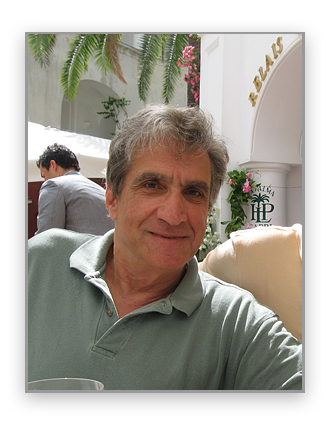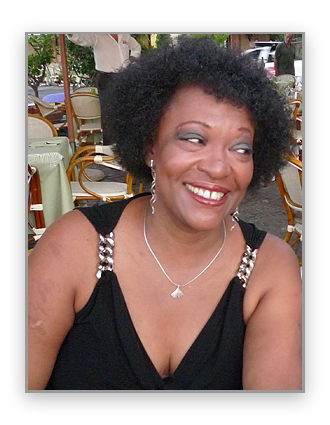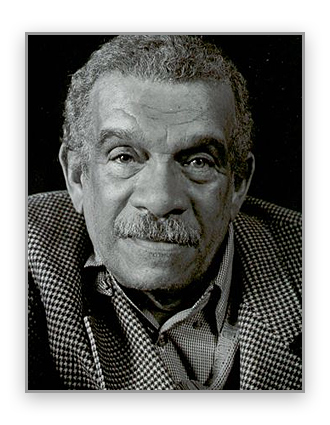
 2009 - Robert Pinsky
2009 - Robert Pinsky
Robert Pinsky was born on October 20, 1940 in Long Branch, New Jersey. He received a B.A. from Rutgers University in New Brunswick, New Jersey, and earned both an M.A. and Ph.D. in Philosophy from Stanford University, where he was a Stegner Fellow in creative writing. He was a student of poet & critic Yvor Winters at Stanford University. Early on, Pinsky was inspired by the flow and tension of jazz and the excitement that it made him feel. He said it was an incredible experience that he has tried to reproduce in his poetry. The musicality of poetry was and is extremely important to his work.
He received a National Endowment for the Humanities Fellowship in 1974, and in 1997 he was named the United States Poet Laureate and Consultant in Poetry to the Library of Congress. He now lives in Cambridge, Massachusetts, and teaches in the graduate writing program at Boston University.
As Poet Laureate, Robert Pinsky founded the Favorite Poem Project, in which thousands of Americans of varying backgrounds, all ages, and from every state share their favorite poems. Pinsky believed that, contrary to stereotype, poetry has a strong presence in the American culture. The project sought to document that presence, giving voice to the American audience for poetry.
Samurai Song
by Robert Pinsky
When I had no roof I made
Audacity my roof. When I had
No supper my eyes dined.
When I had no eyes I listened.
When I had no ears I thought.
When I had no thought I waited.
When I had no father I made
Care my father. When I had
No mother I embraced order.
When I had no friend I made
Quiet my friend. When I had no
Enemy I opposed my body.
When I had no temple I made
My voice my temple. I have
No priest, my tongue is my choir.
When I have no means fortune
Is my means. When I have
Nothing, death will be my fortune.
Need is my tactic, detachment
Is my strategy. When I had
No lover I courted my sleep.

 2009 - Rita Dove
2009 - Rita Dove
In 1993 Rita Dove was appointed Poet Laureate of the United States and Consultant in Poetry at the Library of Congress, making her the youngest person — and the first African-American — to receive this highest official honor in American letters.
Rita Dove was born in Akron, Ohio in 1952 as the daughter of the first Black research chemist who, in the 1950s, broke the race barrier in the tire industry.
She published her first poetry collection, The Yellow House on the Corner, with Carnegie-Mellon University Press in 1980. It was followed by Museum (1983) and Thomas and Beulah (1986), both also from Carnegie-Mellon. Thomas and Beulah, a collection of interrelated poems loosely based on her grandparents' life, earned her the 1987 Pulitzer Prize, making her the second African American poet (after Gwendolyn Brooks in 1950) to receive this prestigious award.
In 1994 Rita Dove's poem Lady Freedom Among Us, first read by her at the ceremony commemorating the 200th anniversary of the U.S. Capitol.
Ms. Dove's poetry has earned her fellowships from the National Endowment for the Arts (1978 and 1989), the Guggenheim Foundation (1983-84) and the National Humanities Center (1988-89), among others. She was granted a Portia Pittman Fellowship from the National Endowment for the Humanities as writer-in-residence at Tuskegee Institute in 1982, was chosen by Robert Penn Warren — then the first U.S. Poet Laureate — for the 1986 Lavan Younger Poet Award from the Academy of American Poets, received the 1987 General Electric Foundation Award, the 1988 Ohio Governor's Award in the Arts, "Literary Lion" medals from the New York Public Library in 1990 and 1996 as well as its "Library Lion" medal in 2000, and 21 honorary doctorates.
Lady Freedom Among Us
by Rita Dove
don't lower your eyes
or stare straight ahead to where
you think you ought to be going
don't mutter oh no
not another one
get a job fly a kite
go bury a bone
with her oldfashioned sandals
with her leaden skirts
with her stained cheeks and whiskers and
heaped up trinkets
she has risen among us in blunt reproach
she has fitted her hair under a hand-me-down cap
and spruced it up with feathers and stars
slung over her shoulder she bears
the rainbowed layers of charity and murmurs
all of you even the least of you
don't cross to the other side of the square
don't think another item to fit on a
tourist's agenda
consider her drenched gaze her shining brow
she who has brought mercy back into the streets
and will not retire politely to the potter's field
having assumed the thick skin of this town
its gritted exhaust its sunscorch and blear
she rests in her weathered plumage
bigboned resolute
don't think you can ever forget her
don't even try
she's not going to budge
no choice but to grant her space
crown her with sky
for she is one of the many
and she is each of us

 2008 - Derek Walkott
2008 - Derek Walkott
Derek Walcott was born in 1930 in the town of Castries in Saint Lucia, one of the Windward Islands in the Lesser Antilles. The ex-perience of growing up on the isolated volcanic island, an ex-British colony, has had a strong influence on Walcott's life and work.
Both his grandmothers were said to have been the descendants of slaves. His father, a Bohemian watercolourist, died when Derek and his twin brother, Roderick, were only a few years old. His mother ran the town's Methodist school.
After studying at St. Mary's College in his native island and at the University of the West Indies in Jamaica, Walcott moved in 1953 to Trinidad, where he has worked as theatre and art critic. At the age of 18, he made his debut with 25 Poems, but his breakthrough came with the collection of poems, In a Green Night (1962). In 1959, he founded the Trinidad Theatre Workshop which produced many of his early plays.
Walcott has been an assiduous traveler to other countries but has always, not least in his efforts to create an indigenous drama, felt himself deeply rooted in Caribbean society with its cultural fusion of African, Asiatic and European elements.
For many years, he has divided his time between Trinidad, where he has his home as a writer, and Boston University, where he teaches literature and creative writing.
After The Storm
by Derek Walkott
There are so many islands!
As many islands as the stars at night
on that branched tree from which meteors are shaken
like falling fruit around the schooner Flight.
But things must fall, and so it always was,
on one hand Venud, on the other Mars;
fall, and are one, just as this earth is one
island in archipelagoes of stars.
My first friend was teh sea. Now, is my last.
I stop talking now. I work, then I read,
cotching under a lantern hooked to the mast.
I try to forget what happiness was,
and when that don't work, I study the stars.
Sometimes is just me, and the soft-scissored foam
as the deck turn white and the moon open
a cloud like a door, and the light over me
is a road in white moonlight taking me home
Shabine sang to you from the depths of the sea.
